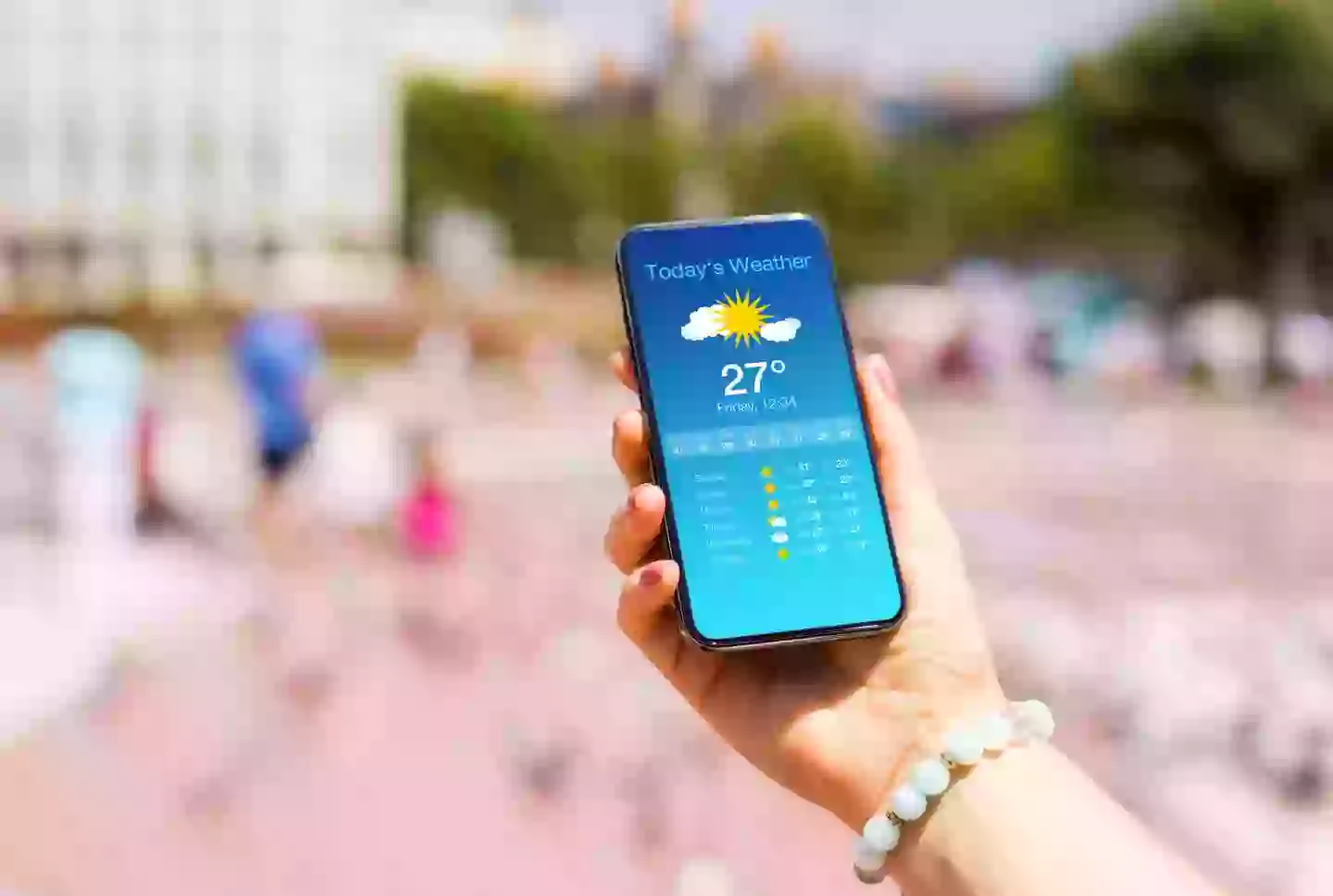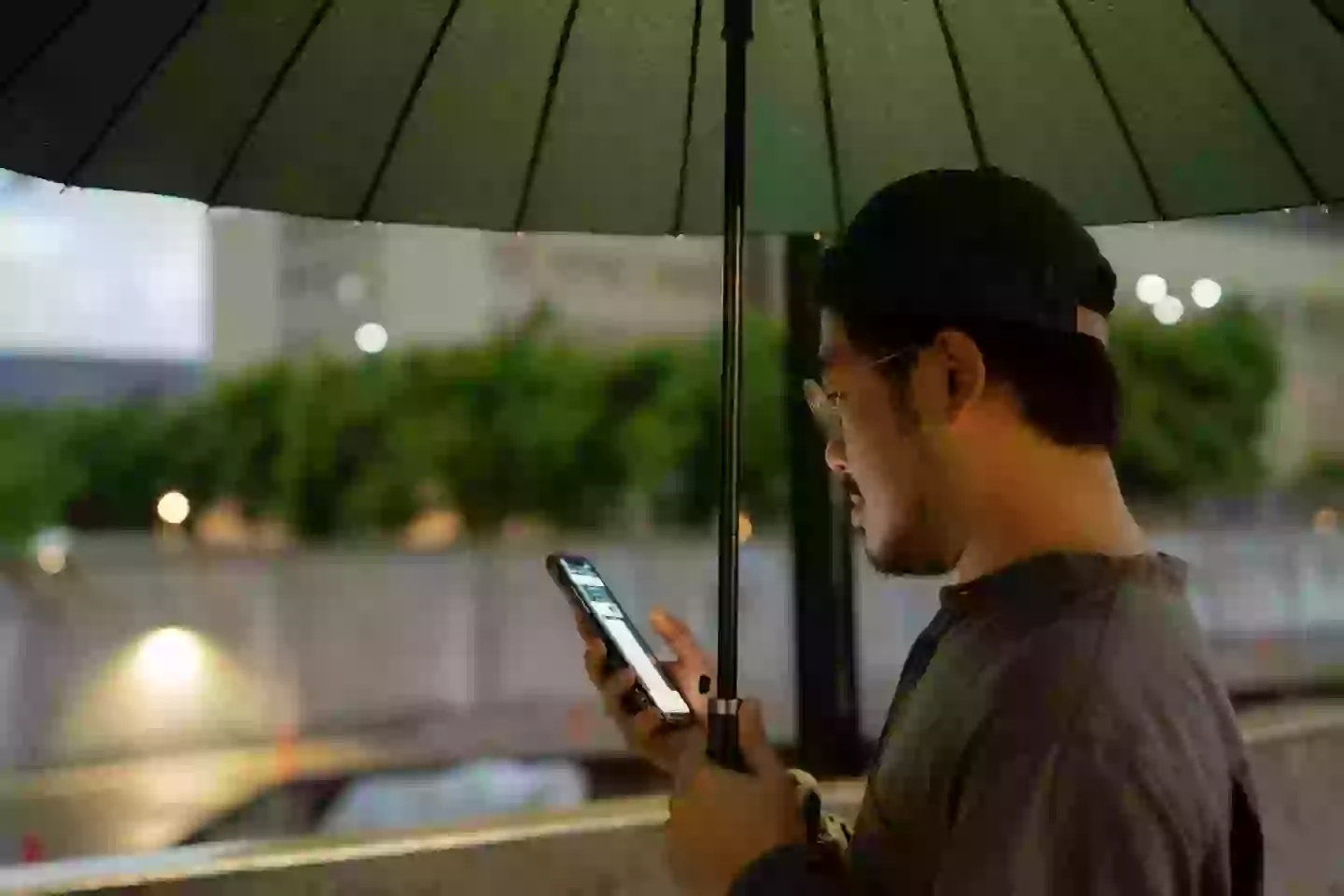
Scientists have finally revealed which weather app is best.
It's not just the weather reporters that giving us our morning forecast who get it wrong, and while technology has come a long way in recent years, all those weather apps we have on our smartphones can get it wrong just as easily.
We've all been there where it's forecast for glorious sunshine, meaning we step out in a pair of shorts and slathered in our SPF - only to see the rain clouds gather and be left a soaking mess. Why didn't the weather apps warn you this was going to happen?
There's plenty of choice out there when it comes to which app you use to get your forecasts, but in new research conducted by the University of Reading, scientists figured out which one is the best for helping you decide what to wear for the day or whether to pack an umbrella.
Advert

Pitting the Met Office and BBC Weather against each other, researchers found that both have their pros and cons. Namely, the Met Office is apparently best for temperature forecasts, while BBC Weather is superior at forecasting rain. So, it depends if you want to be cold or wet on any given day.
Lead researcher Dr. Rob Thompson explained that you're in good hands with both BBC Weather and the Met Office: "The forecasts are reliable for several days, helping you to know what clothes to pack for a weekend trip or when to expect a frost in the garden."
Despite BBC Weather being better at predicting rain, Thomson says, “Variability means forecasting rain is much harder than temperature and needs more data to draw firm conclusions.”
Advert
We're also warned that the further ahead a forecast is made, the more unreliable it tends to be.
Using forecasts from BBC Weather and the Met Office at a single location in Reading, the team compared it to the actual weather data that was recorded at the University of Reading Atmospheric Observatory.

With the study ongoing since October 2024, forecast data is collected hourly and then compared to the observatory's observations every three hours. 85,000 forecasts have been collated from both apps so far, covering 704 observation times from autumn and winter in 2024.
Advert
As of January 13, the Met Office was more accurate at predicting temperatures on 5.4% of occasions, while BBC Weather has 'more useful' rainfall forecasts 6.1% of the time. Interestingly, the research suggested that both are pessimistic about overpredicting rain.
Looking ahead at those gathering storm clouds, Thompson concluded: "Modern weather forecasting has advanced significantly thanks to more atmospheric observations (particularly from satellites), improved computer models, and a deeper understanding of weather science.
"These tools allow meteorologists to predict large-scale weather patterns with remarkable accuracy, even a week or more ahead. However, pinpointing the exact timing and location of rain remains a challenge, explaining the remaining uncertainty in rainfall forecasts."
